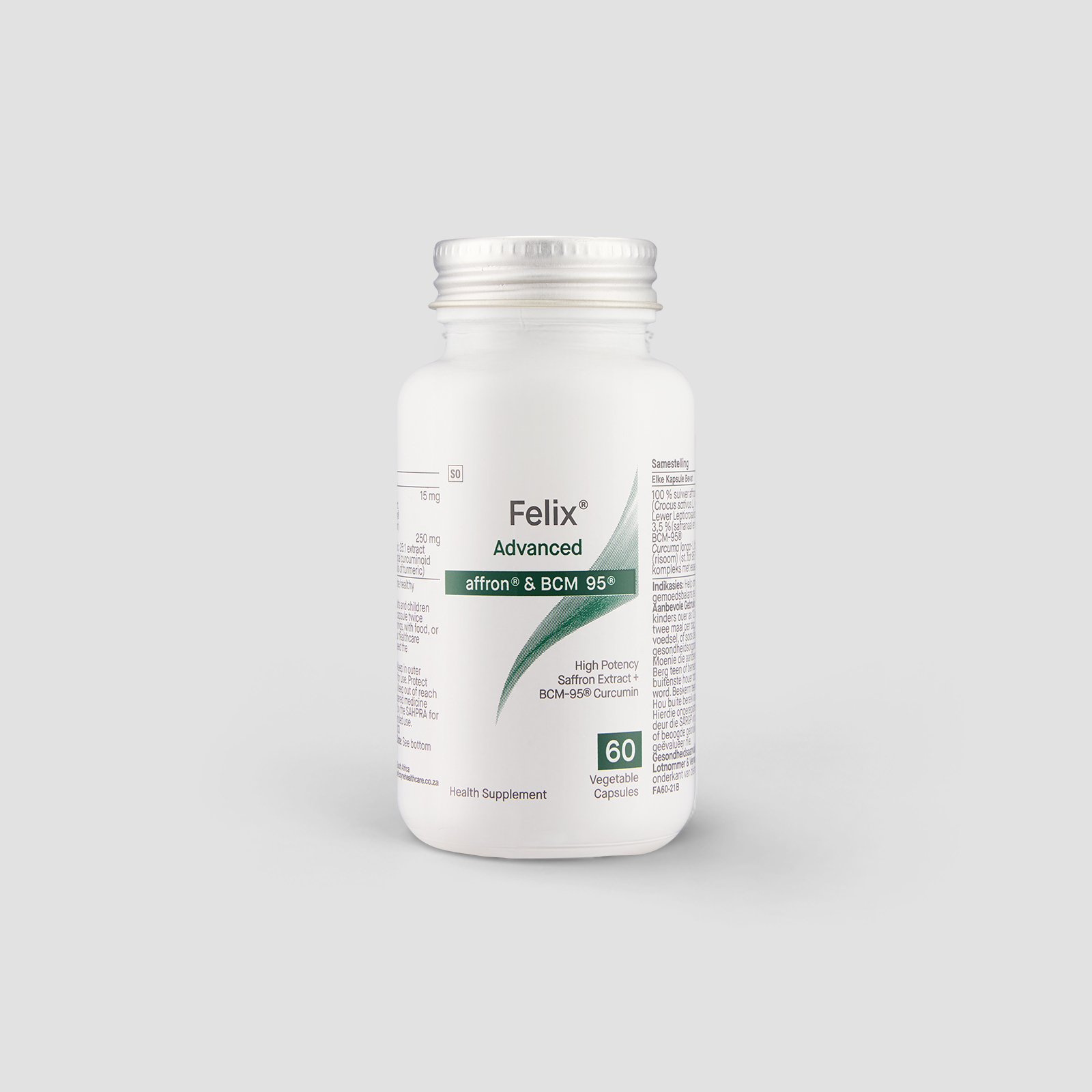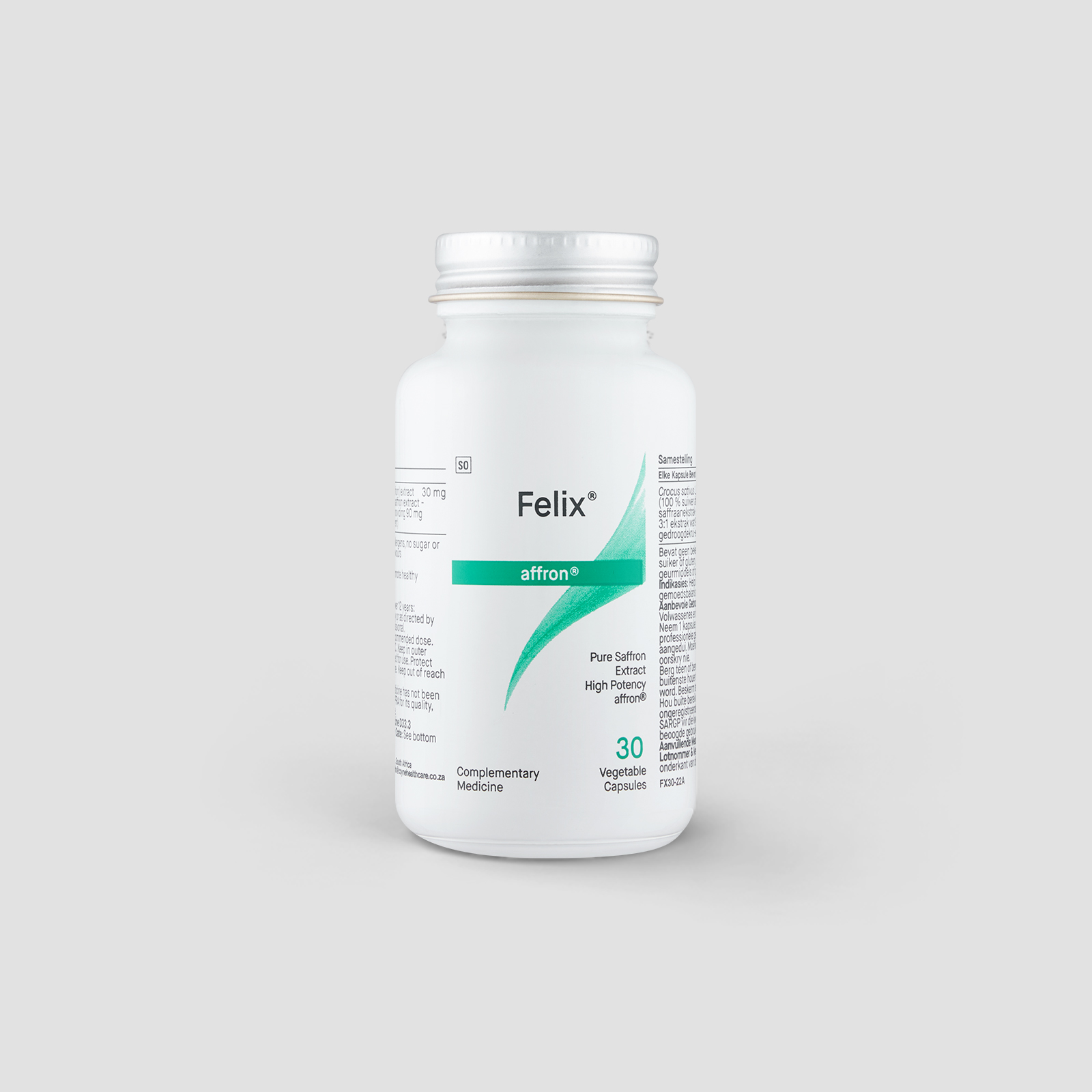The conventional approach to treatment often involves a balancing act between benefits and side effects, typically through pharmaceutical interventions. However, as interest grows in alternative therapies, one fascinating contender has emerged: saffron.
The Rising Star of Functional Medicine: Saffron
Currently, there is emerging interest in the search for alternative treatments for conventional medications which may cause significant and unwelcome side effects. Saffron, commonly known as “red gold,” is not only the world’s most expensive spice but also a powerhouse of health benefits. Beyond its culinary allure, saffron boasts anti-inflammatory, antioxidant, and neuroprotective properties that have piqued the interest of scientists and clinicians alike, particularly in the context of ADHD treatment. [1]
What is ADHD?
Attention deficit hyperactivity disorder (ADHD) is one of the most common neurodevelopmental conditions commonly seen in children. It features symptoms of inattention, impulsivity, and hyperactivity, and can affect interpersonal relationships and daily function. [2]
Many individuals diagnosed with ADHD may benefit from medications that help reduce symptoms and improve focus. These medications include stimulants that increase brain chemicals dopamine and norepinephrine to help individuals pay attention (such as Ritalin and Concerta), non-stimulants that may help individuals to control their impulses (such as Atomoxetine or Strattera), or even antidepressants that may treat ADHD symptoms (such as Buproprion). [3]
Treating ADHD Naturally with Saffron
Recent studies suggest that saffron’s active compounds—safranal and crocin—might offer significant therapeutic benefits for individuals with ADHD. These compounds are believed to enhance neurotransmitter function, regulate mood, and improve cognitive performance, making saffron a promising supplement to traditional ADHD therapies. Recent literature on saffron’s effects in ADHD treatment has yielded promising results.
One review highlighted a study where teachers reported over a 50% reduction in ADHD symptoms in students taking saffron alongside conventional medications. Another study found saffron to be particularly effective in managing hyperactivity, suggesting it may work well even as a stand-alone treatment. [1] A 2022 study found that saffron was more effective than methylphenidate in reducing hyperactivity symptoms in individuals with ADHD, while methylphenidate showed better results for addressing inattention. Both treatments improved the duration of sleep among participants, a common issue in ADHD, but only saffron contributed to falling asleep more easily. [2]
Saffron VS ADHD Medication
When comparing saffron to traditional ADHD medications like methylphenidate, the differences become clear. Methylphenidate works by quickly increasing dopamine and norepinephrine levels, often providing rapid improvements in focus and attention. Saffron, on the other hand, takes a more gradual approach, modulating neurotransmitter systems and reducing oxidative stress. It may offer a gentler alternative, especially for individuals concerned about the side effects of stimulant medications, such as insomnia or appetite suppression.
While saffron’s slower onset of action might not provide the immediate relief that many ADHD medications do, it comes with fewer risks. This is especially beneficial for individuals who are seeking to manage symptoms without compromising sleep or overall health.
What are the Overall Health Benefits of Saffron?
- Antioxidant Properties
Saffron is rich in powerful antioxidants such as crocin, crocetin, safranal, and kaempferol. These compounds help neutralise harmful free radicals in the body, which can reduce oxidative stress and lower the risk of chronic diseases like cancer and heart disease. [3]
- Mood Enhancement and Antidepressant Effects
Saffron is sometimes referred to as the “sunshine spice” due to its potential to enhance mood. Studies suggest that saffron may be as effective as certain antidepressants in treating mild to moderate depression, likely due to its ability to boost serotonin levels in the brain. A 2019 review found that saffron proved to be significantly more effective than placebos at treating symptoms of mild to moderate depression. [3]
- Improved Cognitive Function
Saffron has neuroprotective properties and may improve memory and cognitive function. Research suggests that it could help prevent or slow the progression of Alzheimer’s disease by reducing inflammation and oxidative stress in the brain.
- Anti-Inflammatory Effects
Saffron contains compounds that have anti-inflammatory properties, which can help reduce inflammation throughout the body. This can benefit conditions such as arthritis, asthma, and other inflammatory diseases.
- PMS and Menstrual Relief
Saffron has been shown to alleviate symptoms of premenstrual syndrome (PMS), including irritability, headaches, and cramps. It may also help regulate menstrual cycles and reduce the severity of menstrual discomfort. A 2024 review found that saffron may positively affect multiple parts of the female reproductive system, including this relief from PMS symptoms.
- Weight Management
Some studies suggest that saffron can help reduce appetite and support weight loss. Saffron may also help curb emotional eating by enhancing mood and regulating hunger hormones. A 2023 study showed that taking 60 mg of saffron per day for 12 weeks proved to be significantly more beneficial than a placebo in reducing body mass index (BMI), waist circumference, and weight.
Recommended Dosage and Safety Considerations
If you are considering saffron as part of your ADHD management plan, typical dosages range from 30 mg to 100 mg daily, standardised to contain 1.5% crocin. However, it’s important to consult with your healthcare provider before adding saffron to your regimen, especially if you are currently already on ADHD medication. Quality also matters- remember to choose supplements that have been carefully researched and are of a high quality.
Potential Risks and Contraindications of Saffron
Though generally safe, saffron can cause mild side effects like dizziness or nausea in some individuals. Higher doses can lead to more severe reactions, so it’s advisable to start low and monitor for any adverse effects. Individuals who are pregnant, breastfeeding, allergic to saffron or plants in the Iridaceae family, undergoing surgery soon, or dealing with specific medical conditions like bipolar disorder, schizophrenia, or hormone-sensitive conditions such as breast cancer or endometriosis should avoid saffron or consult with their healthcare practitioner before supplementing with it.
Product Recommendation
Coyne Felix® affron® is a powerful supplement containing patented affron® saffron rich in the carotenoids crocin and crocetin which act as potent antioxidants. It contains 3:1 extract standardised to contain 3% crocin and 2% safranal, which means it is high in active ingredients and a lower dose is needed. Coyne Felix® affron® is a pure, high quality saffron supplement that may assist in managing stress and anxiety symptoms, support cognitive function, mental clarity, and memory.
Saffron holds significant promise in the realm of ADHD treatment, especially as a complement to conventional therapies. While the research is still emerging, early findings suggest it may offer a safe, natural alternative to help alleviate symptoms. As always, consult with your healthcare provider to determine whether saffron is the right choice for you.




